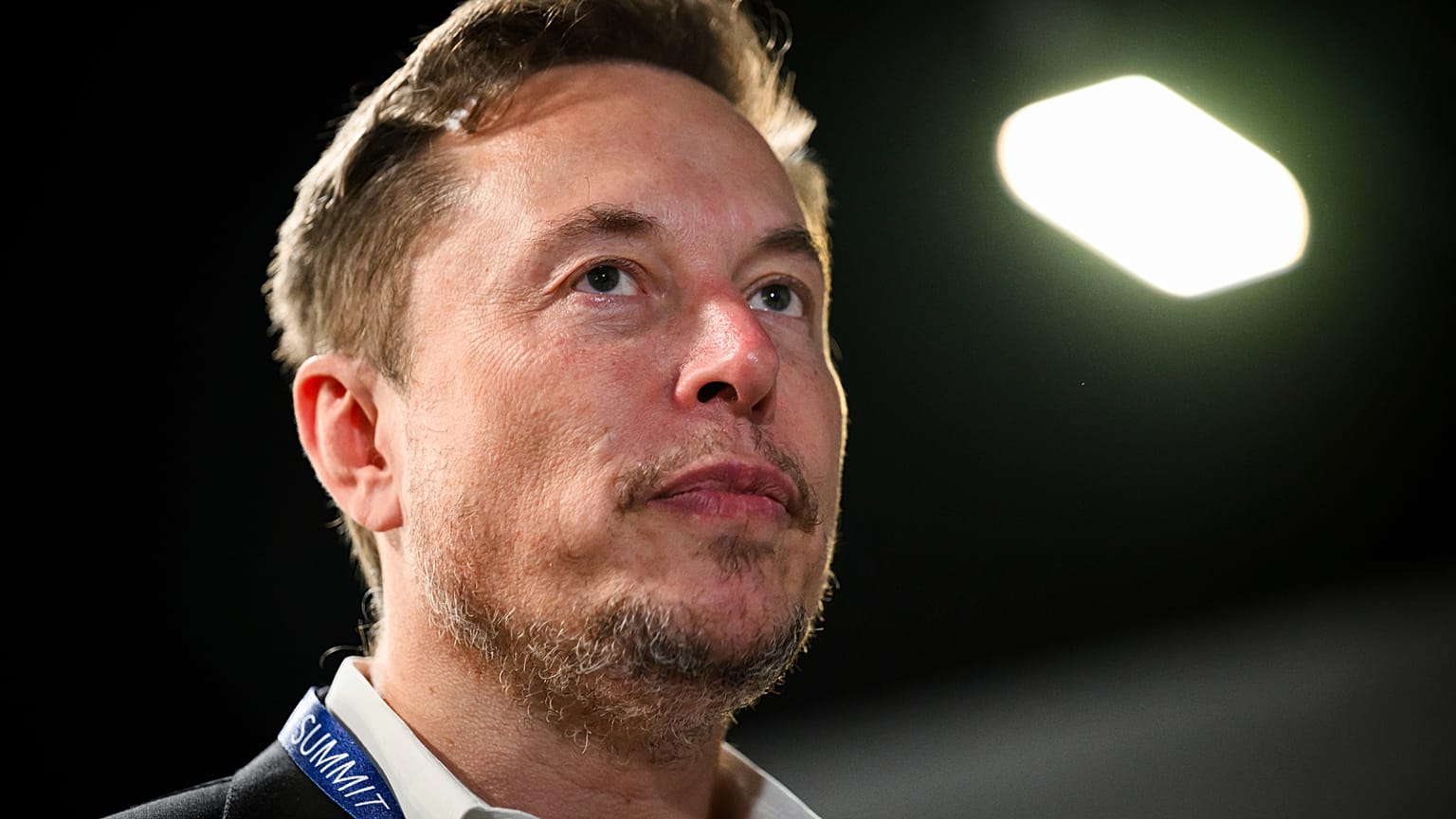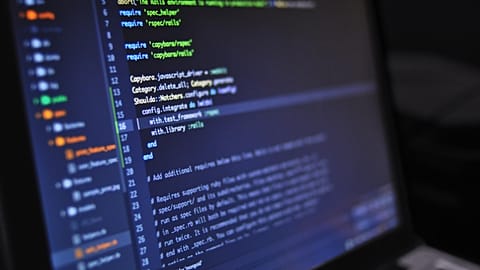US tech billionaire Elon Musk launched an AI-powered encyclopedia, Grokipedia. But it got off to a rocky start.
Elon Musk wants to expand his range of AI products and on Tuesday launched 'Grokipedia', an AI-powered encyclopedia.
Musk's company xAI, wants to offer an alternative and what he calls a less biased version of Wikipedia, the largest online encyclopedia to date.
At the launch, Musk announced on the X platform that, in his opinion, the 0.1 version of Grokipedia is already better than Wikipedia.
However, the website temporarily crashed before coming back online hours later.
The tech billionaire said on X that Grokipedia is completely open source, meaning anyone can use the application free of charge for any purpose, like Wikipedia.
How does Musk's Grokipedia work?
If you want to use Musk's new online encyclopedia, you will reach a homepage with a large search bar, similar to Google. You can set the colour mode and create your own account.
The homepage also shows that there are currently around 885,200 articles on Grokipedia. If you enter a search term, you land on a page that resembles Wikipedia both visually and in terms of content: with headings, chapters and references. So far, there are no images.
In terms of content, the system is based on existing sources, such as Wikipedia itself. In the case of technical topics in particular, entire paragraphs are taken over, as users note in comparisons. Unlike Wikipedia, entries cannot be edited or corrected by the users themselves. A feature that the Wikimedia Foundation also doubts.
"Wikipedia is not owned by a company, but is independent and is supported by thousands of volunteers who have a great sense of responsibility for their project," said Franziska Heine, Managing Director of Wikimedia Germany.
The organisation describes Wikipedia as "radically transparent". Everyone can understand where the knowledge comes from and what editing has taken place. This creates trust.
How neutral is the information on Wikipedia and Grokipedia?
Elon Musk's new encyclopaedia is also intended to be a counter-design. The tech billionaire has repeatedly emphasised that Wikipedia is not objective and has a left-wing political bias. The Wikimedia Foundation commented on a possible bias, stating that numerous investigations over 25 years had found no reliable evidence or proof of this.
"Wikipedia is not perfect - but it is and remains the largest freely accessible and transparent source of reliable and verifiable knowledge," the press release continues.
Instead, Grokimedia wants to ensure greater neutrality with its own built-in fact check - similar to Grok for Platform X. The sources used by these AI applications and how exactly the fact check works have not yet been made public.
AI software is also known for so-called hallucinations. This means that large language models such as ChatGPT - the chatbot from OpenAI - invent plausible-sounding information.


















